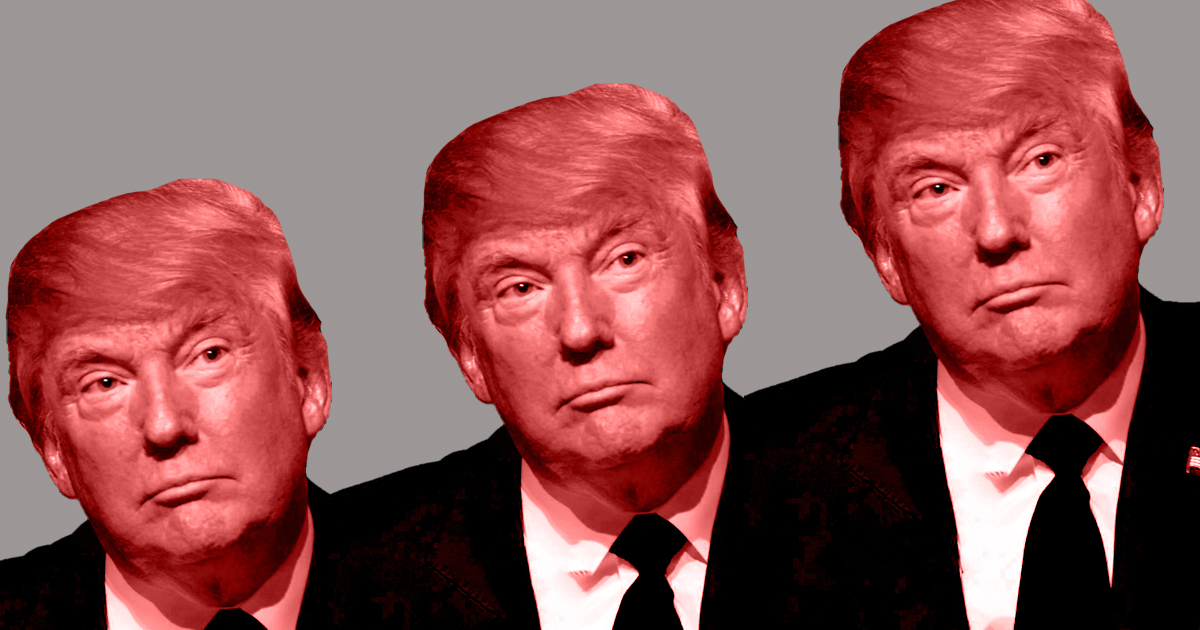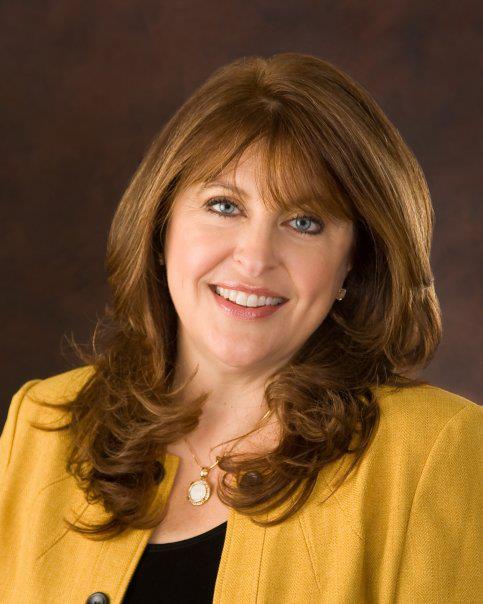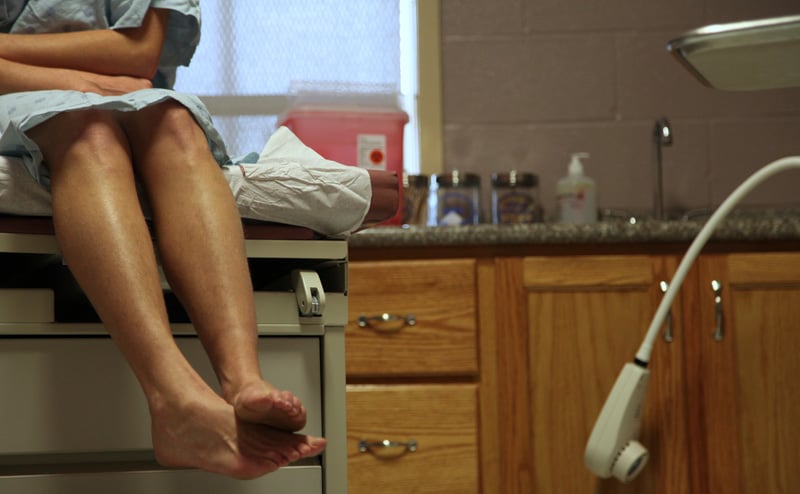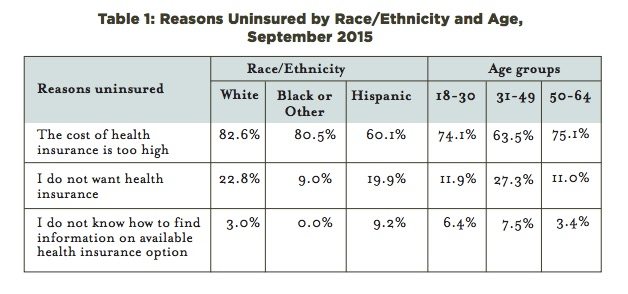
High Insurance Costs are Keeping Texans Uninsured
Texans are better informed than ever when it comes to Obamacare, but many are still unable to afford coverage.

Above: Texans report cost as being the biggest barrier to securing health insurance.
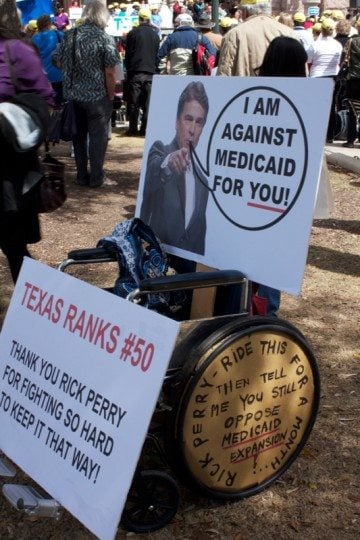
Uninsured Texans say cost is the main reason they do not have insurance, according to a new report released today by Rice University’s Baker Institute and the Episcopal Health Foundation in Houston.
As part of an ongoing research project tracking the implementation of the Affordable Care Act in Texas, researchers found that 69.1 percent of uninsured Texans find health insurance too expensive.
Lead researcher Elena Marks said that the survey of 1,500 adults includes Texans who are eligible to buy health plans in the ACA’s health insurance exchange as well as those living below 100 percent of the poverty line who would otherwise have qualified for Medicaid if Texas leaders hadn’t rejected an expansion of the program.
Marks said many first-time Texas insurance buyers who are unfamiliar with what costs to expect say insurance is too expensive. Others have seen their premiums increase under ACA rules, and premiums for older Texans also tend to be higher.
“Premiums are on average higher for older groups than their younger counterparts, which would make affordability a more significant issue,” Vivian Ho, Baker Institute health economics chair, said in a statement. “Overall, young people earn less than older people, so even well-priced insurance plans seem less affordable.”

Just under 20 percent of uninsured Texans said that they did not want health insurance, although the study did not track a reason. Few uninsured Texans — 6.3 percent of those surveyed — cited a lack of information as the reason for not having insurance, which Marks said is a dramatic change from the early days of the ACA.
“If you think about where we were in the fall of 2013 when the Marketplace opened, when Healthcare.gov crashed … there was a lot of difficulty in people getting the right information,” she said, which wasn’t helped by state leaders’ hostility toward the law. “The lack of information was a much more significant barrier than it is today. I think that it’s really good news that after a relatively short period of time, for a very complex topic like insurance, that lack of information is not being cited as a major barrier.”
Overall, Texas’ uninsured rate has dropped from 23.5 percent in 2013 to 18.5 percent in 2015, and the federal government estimates that more than 1 million Texans have enrolled in health insurance plans since open enrollment began in November 2015. Researchers attribute the broader understanding of health insurance, as well as the drop in the uninsured rate, to federal and local outreach and enrollment efforts.
Still, more than 1 million poor Texas adults will remain without insurance if Texas doesn’t expand Medicaid, Marks said.
“The significant drop in the state’s uninsured rate is not surprising in light of those efforts,” she said in a statement. “But as this latest report shows, Texas still has a long road ahead to be able to benefit from ACA coverage opportunities.”
